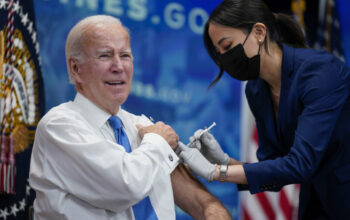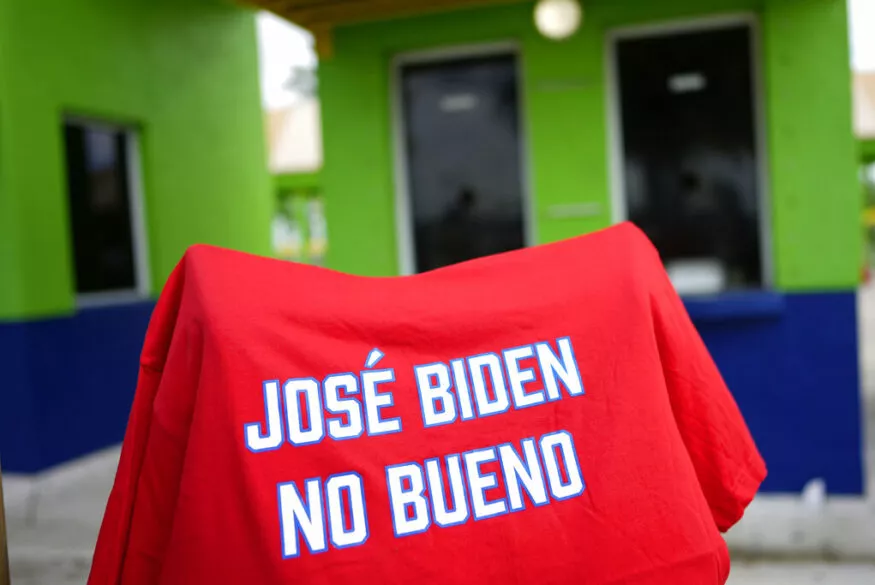The pandemic-induced supply chain disruptions caused many companies to scale back on the number of products they offer as they prioritized efficiency over variety.
Though the logistics nightmare is decreasing, most of these companies have no intention of bringing back all the options they once had.
The coronavirus outbreak showed them that it is unnecessary to satisfy every possible customer demand, and many consumers don’t care about the limited assortment.
The result is that many big-name brands sell fewer products in fewer colors and flavors than they did a few years ago.
Malouf, a furniture retailer, now sells beds and bedding in a fraction of the colors they used to offer. Similarly, Sharpie maker Newell Brands has retired 50 types of Yankee Candle. Even Coca-Cola sells half the number of drinks it once did. Larger grocery shops are also reducing fresh-food offerings such as fruit, dairy products, and deli meats by 15% to 20%, according to Shelf Engine.
Inna Kuznetsova, CEO of ToolsGroup, a supply-chain planning and optimization company, said, “Today, people would rather lose a portion of consumer demand as opposed to spending extra on too much variety.” T
















